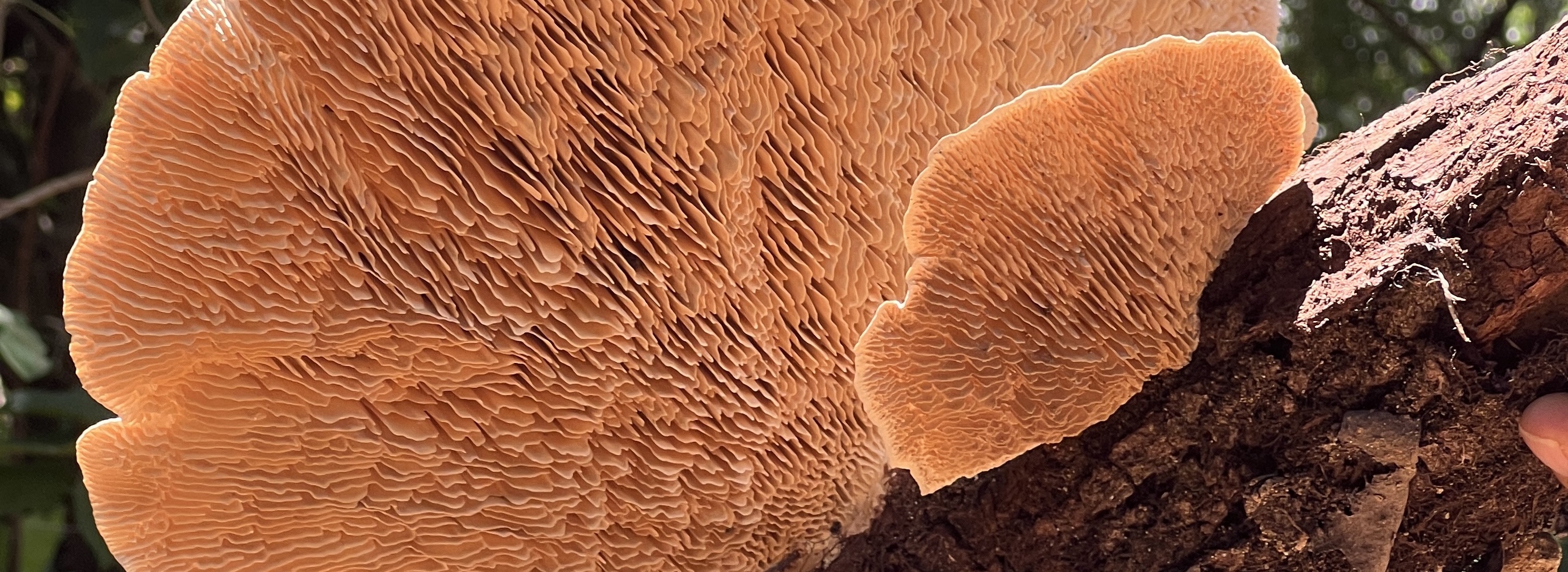
Monteverde Institute: Tropical Ecology and Conservation
Alternative Title
Cuido maternal en tres especies de membrácidos (Hemiptera: Membracidae)
Files
Download Full Text (419 KB)
Publication Date
December 2017
Abstract
Maternal care in the animal kingdom can vary immensely from species to species, but the reason for its ubiquity underlies an evolutionary impulse to pass on favorable genes to the next generation. In treehoppers, maternal care increases the rate of offspring survival through species-specific levels of protection from both predation and parasitism. To investigate the factors that influence maternal care, I introduced a variety of animate and inanimate stimuli to both brooding and non-brooding treehoppers in three species: Antianthe expansa, Alchisme grossa, and Umbonia crassicornis. By quantifying their responses as proxies for energy output, I concluded that maternal defense is a species-specific phenomenon that is distinct from personal defense, relies primarily on kinesthetics rather than visual input, and is stimulus-dependent. This type of species-specificity is likely governed by different types of environmental pressures that necessitate the evolution of direct defense behaviors or inter-species mutualisms.
Resumen
El cuido maternal en el reino animal puede variar enormemente de una especie a otra, pero la razón de su ubicuidad subyace a un factor evolutivo de transmitir genes favorables a la siguiente generación. En membrácidos (Membracidae), el cuido maternal aumenta la tasa de supervivencia de las crías a través de niveles específicos de protección contra la depredación y el parasitismo. Para investigar los factores que influyen en el cuido maternal, introduje directamente una variedad de estímulos animados e inanimados a las hembras con y sin huevos o ninfas de tres especies: Antianthe expansa, Alchisme grossa y Umbonia crassicornis. Al cuantificar sus respuestas como aproximaciones de consumo de energía, concluí que la defensa maternal es un fenómeno específico de la especie que es distinto de la defensa personal. Además, se basa principalmente en la cinestética en lugar de la entrada visual, y es dependiente del estímulo. La especificidad de cuido maternal según la especie probablemente se rige por diferentes tipos de presiones ambientales que requieren la evolución de comportamientos de defensa directa o mutualismos con otras especies.
Keywords
Treehoppers, EAP Fall 2017
Palabras claves
Membracidos, EAP Otoño 2017
Extent
11 pages
Geographic Location
Monteverde (Puntarenas, Costa Rica)
Holding Location
Monteverde Institute
Language
English; Spanish
Media Type
Articles
Format
Digital Only
Identifier
M39-00646
Type
Book
Recommended Citation
Kui, Mackenzie, "Differential maternal defense behavior in three species of treehoppers (Hemiptera: Membracidae), December 2017" (2017). Monteverde Institute: Tropical Ecology and Conservation. 194.
https://digitalcommons.usf.edu/tropical_ecology/194


